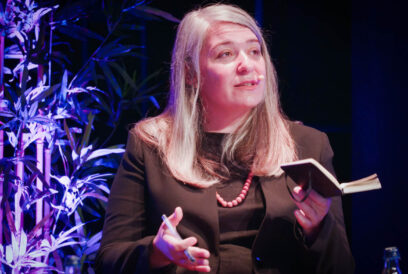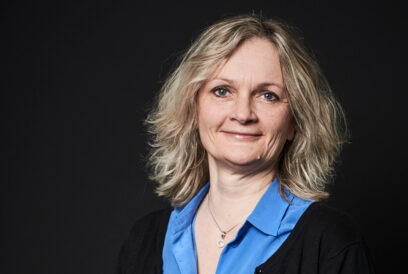

It is time to update traditional ideas about the recognition of learning, and to adopt a model from the world of children and young people, writes Lauri Tuomi, CEO of the Finnish Lifelong Learning Foundation. The text is a column written for issue 1/2019 on Adult Education and Validation.
The tradition of liberal adult education is based on the idea that learning is important in itself. Learning empowers and gives pleasure and content to life.
The recognition of learning has not traditionally been part of non-formal learning, but learning in itself has been considered important.
In recent years, however, models have been created by which it has been possible to recognise learning in different learning environments, so that the learning can also be transferable, say, from one educational institute to another.
NOW, HOWEVER, IT IS TIME TO AIR these traditional institutional ideas about the recognition, acceptance and transfer of learning.
Instead, it would be good to seek a direction for change from the world of our children and young people.
Future generations are growing up fast. They are ‘our customers’ of tomorrow, and their point of view and new ways of learning will be before us before we know it. New ways of learning then again need new ways of recognising learning.
The recognition of learning is not just the result, but a process encouraging the individual or group to learn.
Children and young people are living in the digital age in which, for example, games give different rewards for results. The different ‘badges’ indicate achievements, not only at the individual level but also in pairs and in teams.
They give the pairs and teams a sense of achievement, motivate them to set shared targets and inspire close cooperation. At the same time, these badges encourage people to proceed to the next level.
In the world of young people, traditional certificates are not enough, so the recognition of learning also has other importance for the recipient. The recognition of learning is not just the result, but a process encouraging the individual or group to learn.
All learning can be recognised if we just want it to be.
Would a model familiar from the world of gaming also be suitable for other recognition of learning? Could we liberal adult education actors consider the recognition and acceptance of learning on the same principles?
THE TIME TO REFORM IS THEREFORE NOW AT HAND. It is also important for us institutional providers of non-formal education, to closely monitor what is happening around us. The world already has, for example, companies that have developed fine models for peer assessment and for providing different recognition to students – regardless of how the learning has been organised.
I could claim that all learning can be recognised if we just want it to be. The recognition of learning has at its disposal a wide range of different ways of recognising: peer- and self-assessment, demonstration of learning, artificial intelligence-based assessment of learning, etc. The only limit is one’s imagination.
We liberal adult education actors could be pioneers in the recognition of all learning.
We should therefore see recognition of learning as a service package that we can use to create suitable learning recognition models for individuals and even groups.
Now if ever is the time to start brainstorming and experimenting!
Author






